German port well placed to ride growing volumes with key partner, observers say
Despite the impact of the pandemic and global geopolitical instabilities, the economic bonds between China and Germany remain strong and there's vast space for further cooperation, observers said.
Axel Mattern, chief executive of Port of Hamburg Marketing, which promotes Hamburg as a port and logistics hub, said China has consolidated its position as Hamburg's leading trade partner by a wide margin over recent years.
The Port of Hamburg is Germany's largest seaport and holds a prominent position in the global supply chains between Europe and Asia. In 2021, year-on-year growth of 5.5 percent to 2.6 million 20-foot equivalent units was achieved. In the first half of this year, the port handled 1.3 million TEU, an increase of 5.8 percent.
"Almost every third container crossing its quay walls is bound for China or originates there and a total of 15 liner services connect Hamburg with all major Chinese ports," he said.
Among German exports to China are forestry and chemical products as well as vehicles, automotive parts and machinery. China is Germany's biggest source of imports, particularly for electrical and optical equipment with everything from computers and data storage equipment to consumer electronics.
The robust trade flows are the result of long-standing trade relations, and most of the companies in the Hamburg port have close business relations with Chinese partners and organizations. The ports of Shanghai and Shenzhen are sister ports of Hamburg.
Mattern said that the association and its member units, including Hamburger Hafen und Logistik, or HHLA, Hamburg's largest port handling and logistics company, are participating in the China International Import Expo, marking their fifth year at the Shanghai event.
"The CIIE has become an important meeting place for representatives of the transport and logistics industry and an integral part of our activities in China," he said.
Multimodal connections
"Our focus this year will be on the diverse multimodal connections between China and the Port of Hamburg as well as sustainable transport solutions and services that the port has to offer."
Mattern spoke enthusiastically about the future with the German government's recent approval of Chinese shipping company COSCO's acquisition of a 24.9 percent stake in the HHLA Container Terminal Tollerort at the Port of Hamburg. Mattern said that HHLA is one of two terminal operators at the port and has long-standing relations with Chinese shipping lines.
The planned cooperation between HHLA and COSCO has been the result of this decadelong cooperation, and will make Hamburg a preferred hub for Asian traffic in Europe, he said.
"We expect the cooperation between HHLA and COSCO to strengthen supply chains, secure jobs and support smoothly functioning logistics and supply chains. As a result, this cooperation will also have a positive impact on German foreign trade," he said.
China has been Germany's biggest trading partner for years. Despite the impact of the COVID-19 pandemic, bilateral trade has maintained strong growth momentum over the past two years, with the trade in goods reaching 245.3 billion euros ($239.6 billion) last year.
More than 5,000 German companies are operating in China. By the end of 2021, Germany's direct investment in China exceeded 90 billion euros, according to official figures.
Tian Dewen, deputy director of the Institute of Russian, East European and Central Asian Studies at the Chinese Academy of Social Sciences, said China has been a trustworthy partner for European countries.
"China's policy toward Europe has been steady and resilient, unaltered by one incident or another, which is in sharp contrast to the United States, which raised oil and gas prices when Europe faced rising energy prices and the risk of a recession," he said.
German Chancellor Olaf Scholz's visit to China on Friday showed that "the resilience of China-Germany relations remains strong and there is still vast space for cooperation between the two countries", he said. Scholz's visit to China was the first by a European leader since the pandemic broke out.
Tian said that with the worsening energy crisis, companies in many European countries, including Germany, are facing great pressure. If they can continue to expand their business in China, they will gain more opportunities, the scholar said.










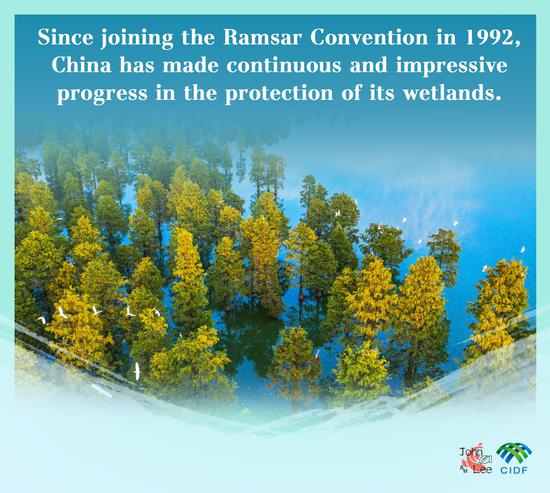
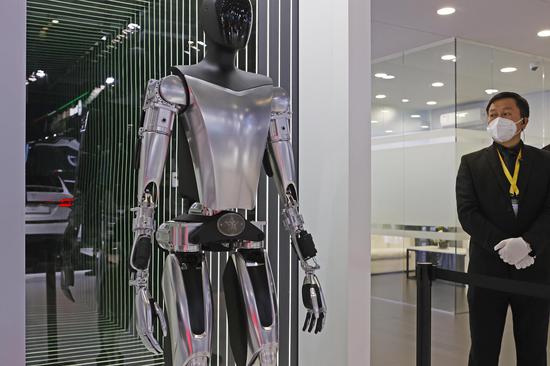







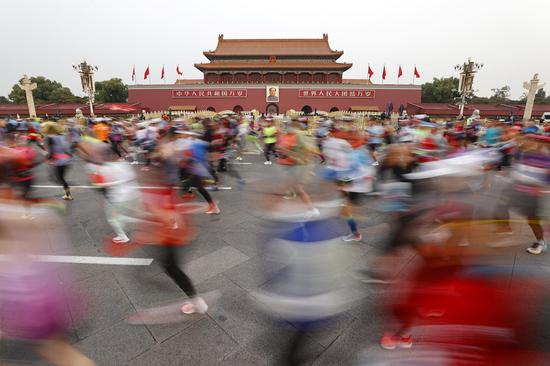



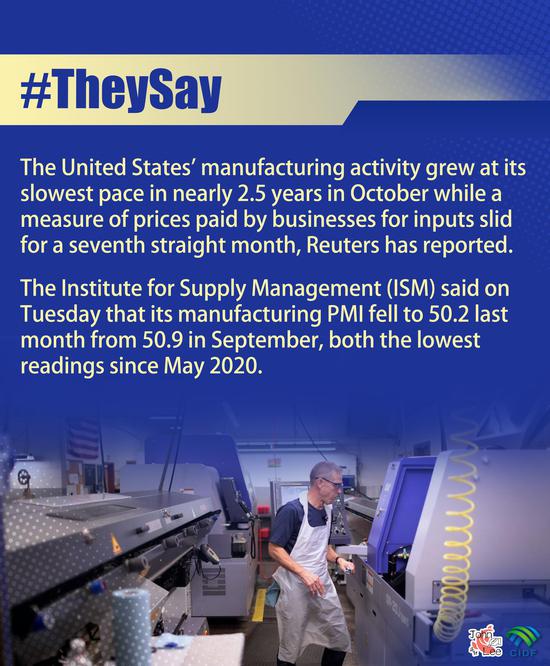









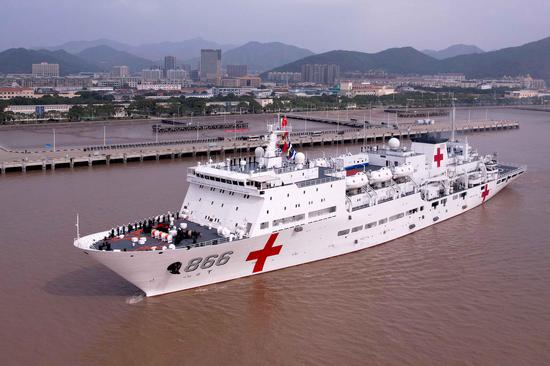


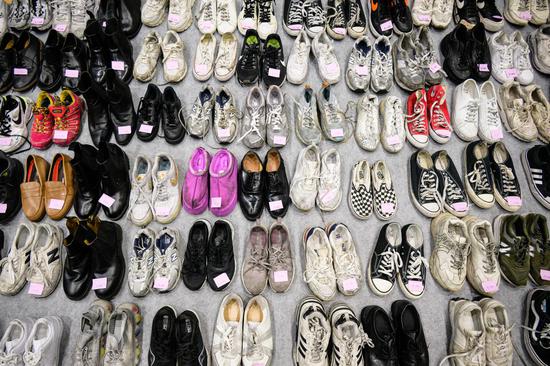













 京公网安备 11010202009201号
京公网安备 11010202009201号